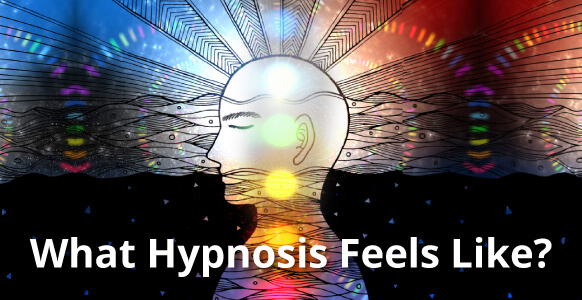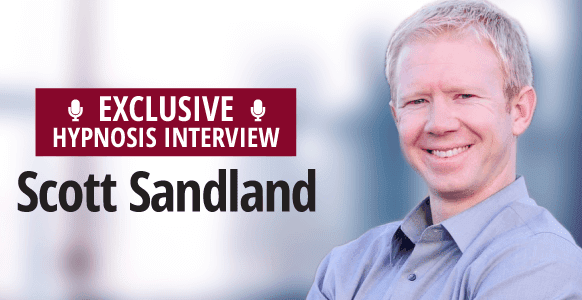Do you wish you were more influential?
Be honest with yourself!
Almost EVERYBODY wishes they were more influential.
And they’re frustrated that they aren’t.
So how do we change that? It’s simple.
You must first understand the three pillars of influence – so you can make them stronger.
PILLAR #1: Who You Are
Who are you really?
Do you really care about other people? And do you really have their best interests in mind?
Who you are affects your influence.
Some people naturally have more influence because of their confidence, their posture, their genuine interest in (and affection for) other people.
Influence starts with you – your core personality.
PILLAR #2: What You Do
The second pillar is what you do.
Example: If you are fit and healthy, you will naturally have influence in the areas of diet and exercise.
People will listen to what you have to say about fitness and healthy eating.
Another way of saying this is that you will naturally have influence in any area that you have direct knowledge or experience.
If you want to be influential about a certain topic, go get knowledge and experience.
This will instantly make you more influential.
PILLAR #3: What You Say
Last but not least, what you say has an enormous impact on your influence.
The specific words you choose, your tone, your body language – all of these factor into your influence.
This can be plainly seen if you’ve ever tried influencing a child.
If you yell, “Go make your bed!” or “Why haven’t you made your bed yet?” your child will probably ignore you or resist you.
But if you get down on your child’s level and say, “You are such a good kid, and I appreciate so much when you help out. And right now it would really help me if you made your bed. Would you do that for me?”
Can you feel the difference?
And can you see how you might get better results with the latter approach?
(Of course you could use some heavy duty conversational hypnosis instead, but there’s no need to crack a nut with a sledgehammer)
Now, of all these pillars of influence, the third one is probably the easiest to change.
Integrating new hypnotic language patterns into your daily conversations can raise your influence by multiple factors.
In fact… Why not work on that right now?











 Welcome to the ultimate guide on hypnosis training.
Welcome to the ultimate guide on hypnosis training.

![Hypnosis: What To Expect? The 8-Step Guide On How To Advise First-Time Subjects [Includes Infographic] Hypnosis: What To Expect? The 8-Step Guide On How To Advise First-Time Subjects [Includes Infographic]](https://blogger.googleusercontent.com/img/b/R29vZ2xl/AVvXsEgOIvNMbWwPhNlLPRQjqxIRQxYcbwFtfDtkGxrU65ynCPmKE9dZeiLQ4a3vJI6SaUTGSRPaHjB2dk9wWeWWGYqS1a5Wq_xcnBWAV1uQDRR9Vj5HAAJOpCb0e5tMfsD7J6IiGwrv22AAx-A/s1600/hypnosis-what-to-expect.jpg)





